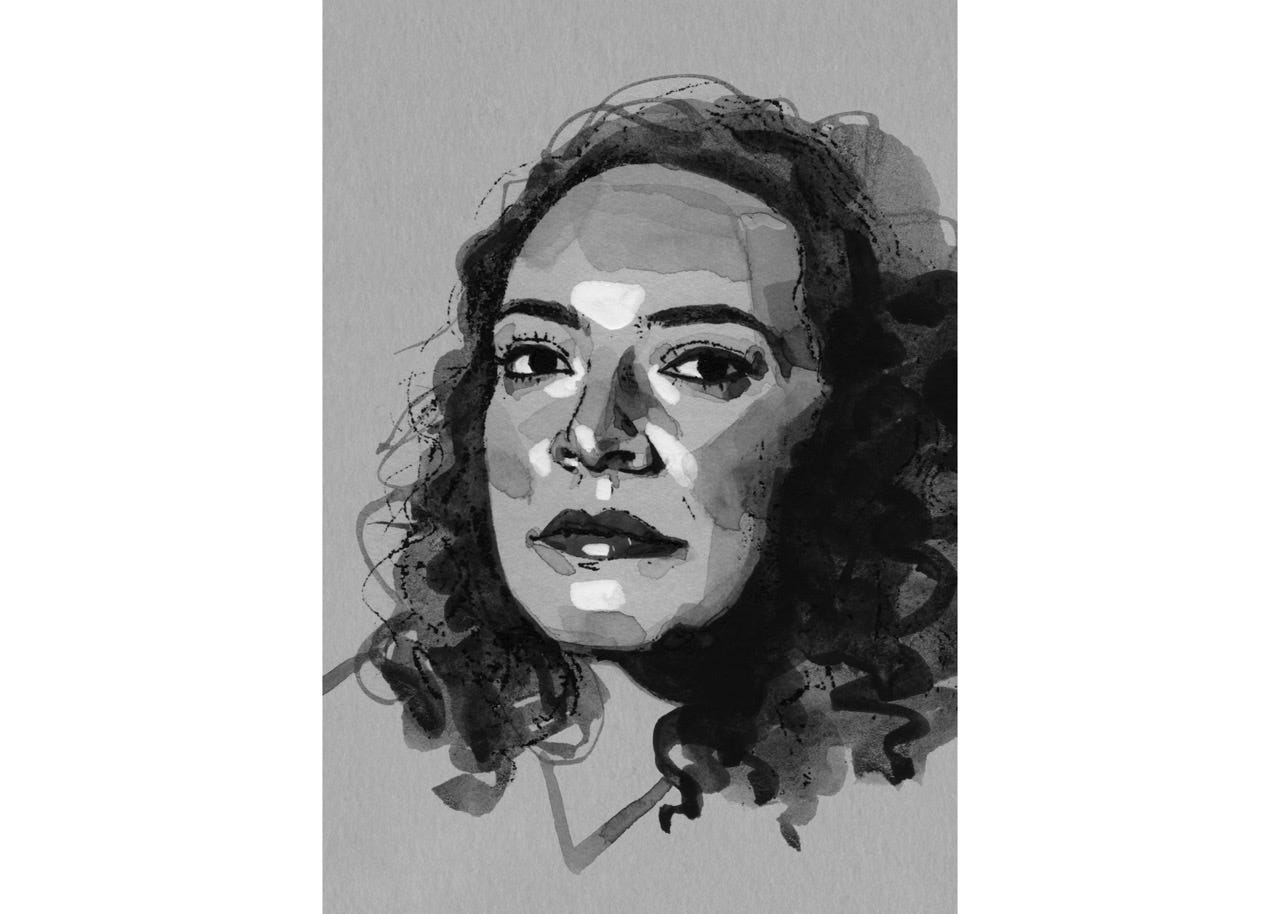Eman Abdelhadi on the future of pro-Palestine politics
An interview from Issue 15
In recent months, as news about Israel’s brutal violence against Palestinians has continued to trickle out of Gaza and the Netanyahu government successfully enlisted Donald Trump’s support for a massively unpopular attack on Iran, the organs of mainstream liberal opinion have shown a new openness to critical viewpoints once anathematized. Earlier this week, the New York Times published an essay by the Israeli-American historian Omer Bartov explaining why Israel’s atrocities amount to a genocide. The self-described “hawkish” Democratic representative and former CIA analyst Elissa Slotkin shared reports about the killing of Palestinian civilians on her official X account.
This shift in mainstream discourse, if that is what it turns out to be, has almost never included any acknowledgment of — much less remorse for — the opprobrium long heaped on the clear-eyed observers who discerned the nature of Israel’s designs in Gaza from the very beginning. The Palestinian social scientist Eman Abdelhadi, who teaches at the University of Chicago, has faced censorship and often vitriolic criticism for her advocacy against the genocide and the complicity of American higher education. We are proud to publish a new interview with Abdelahdi in Issue Fifteen, touching on the legacy of the college encampments and the Uncommitted Movement, the future of organizing in academia, and what winning looks like. Read the conversation online today.
“We Will Not Win on Our Own” | Eman Abdelhadi
I’d like to see the phrase “progressive except for Palestine” live in the dustbin of history, so that every politician who claims a progressive base has to be openly pro-Palestinian, and any single dollar donation from AIPAC is going to lose a candidate all progressive support.




